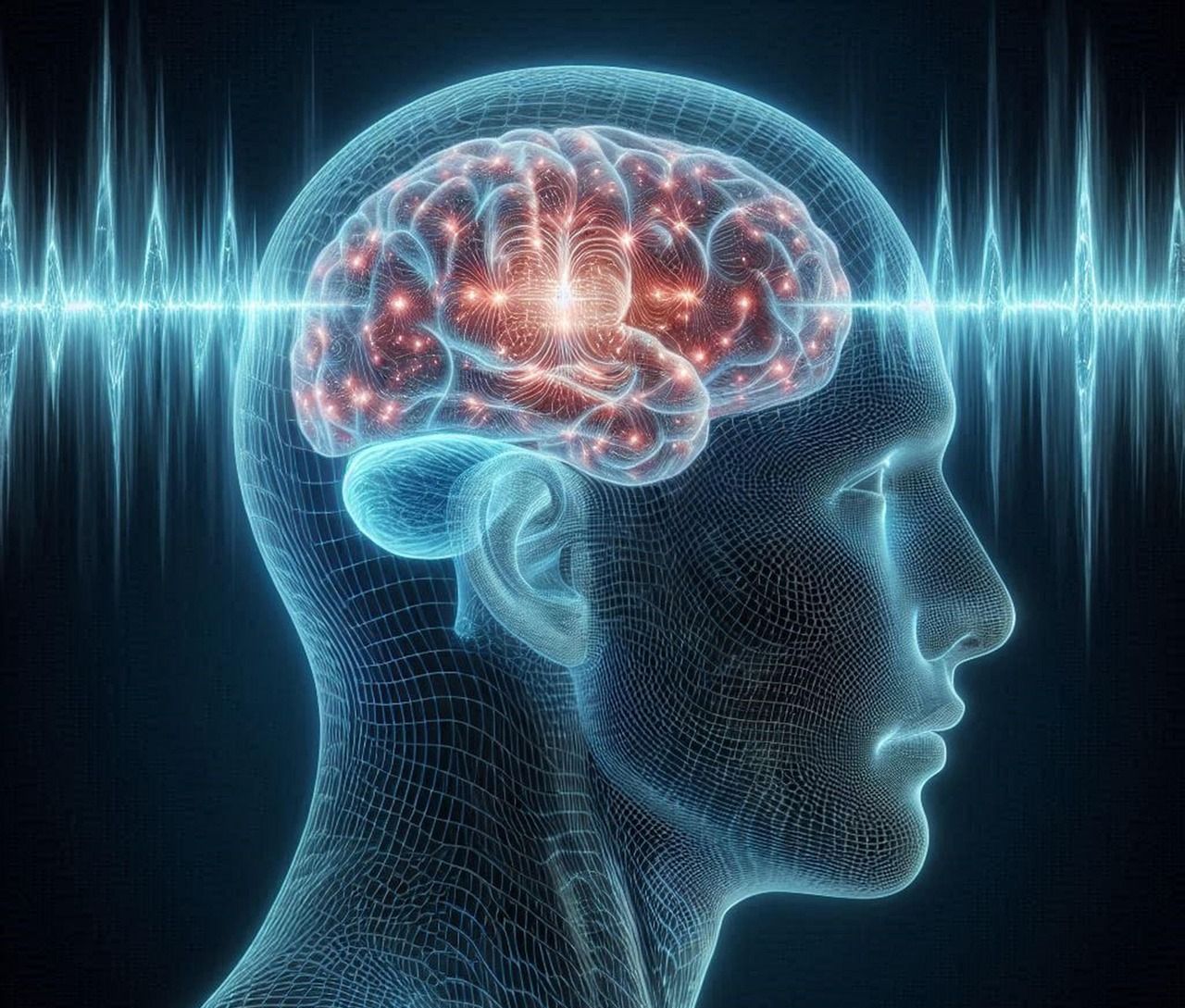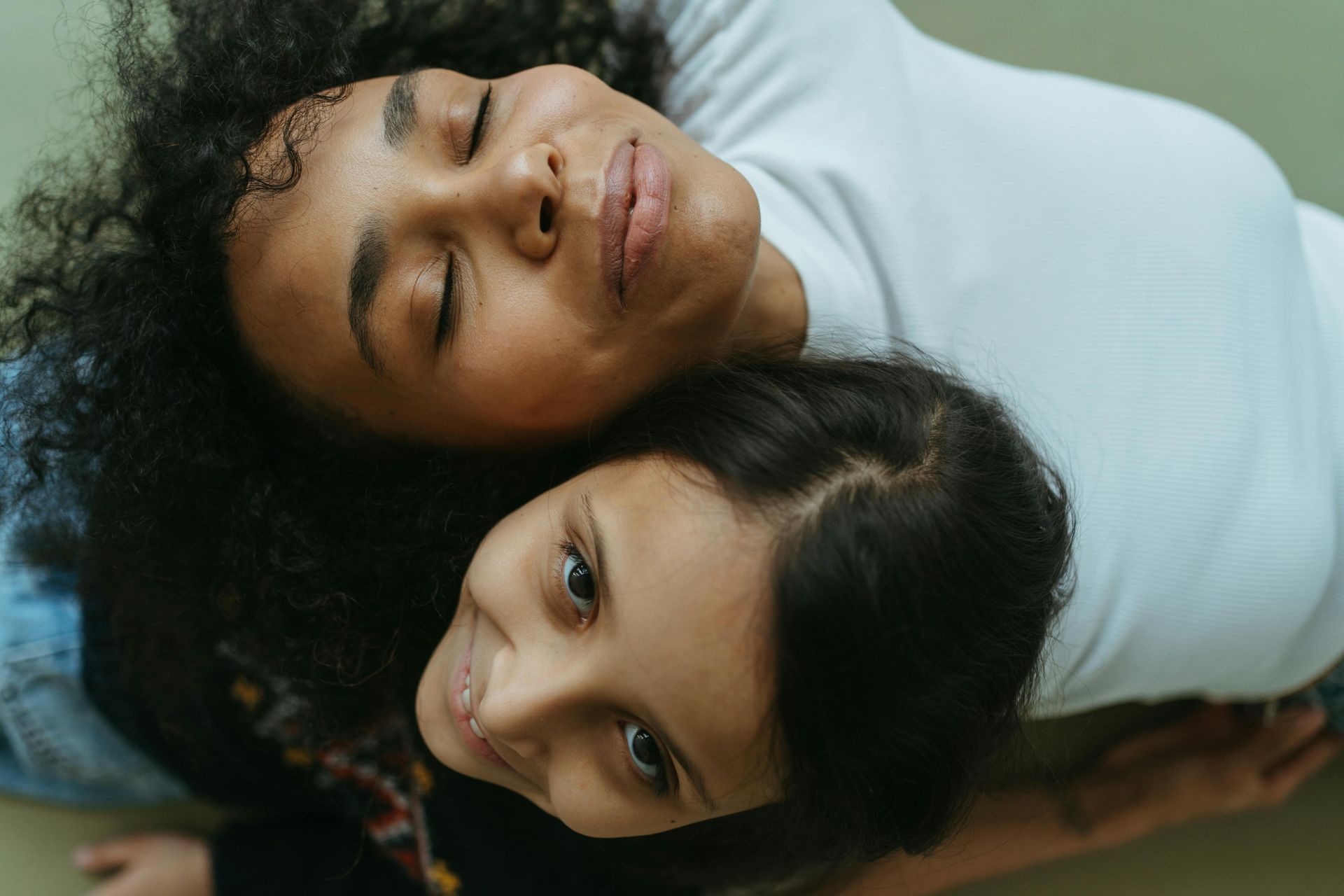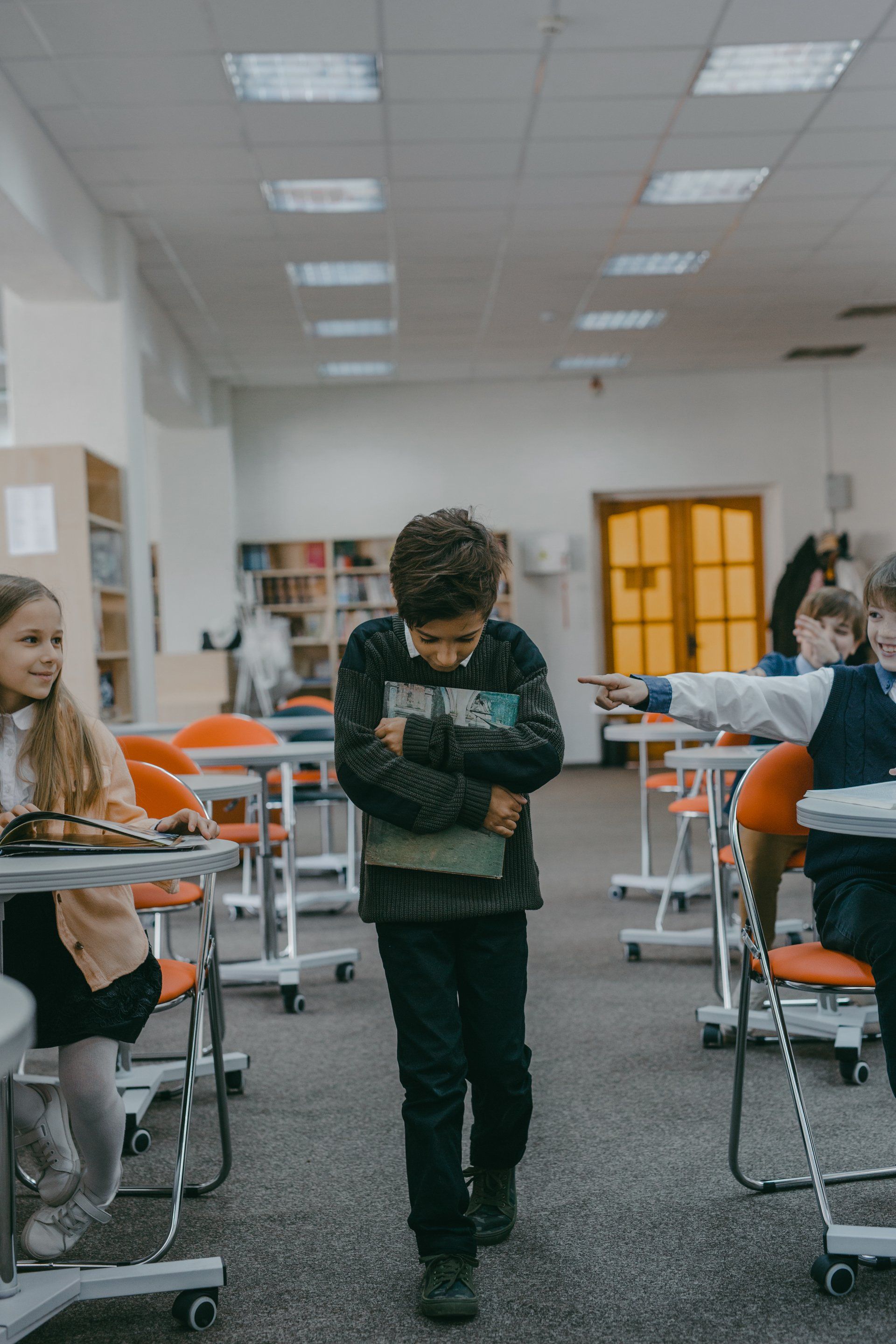Signs of Mental Health Issues in Children You Need to Know About

In-depth research isn't required to prove that COVID-19 has negatively impacted the majority of people around the world. However, as we look closer to home, research can help us paint a better picture of what we're dealing with. What are we learning about the impact of the pandemic on children and teens?
Studies of the impact of COVID-19 are starting to come in, and the results are staggering. Mental health issues are rising among children and adults of all ages. Likewise, research shows children and teens are experiencing a large spike in mental health claims. So, what are the issues they're facing?
In this article, we'll talk about what mental health issues our children and teens are facing. Likewise, we'll discuss signs you can watch for that may indicate your child may need help.
What Mental Health Issues Are Children and Teens Facing Post-COVID-19?
A recent release of the FAIR Health report provides insight into the mental health impact of COVID-19 on children and teens. The study includes an age group of 0-22 years. The white paper report indicates medical claims declined as mental health claims increased. For example, in the 13-18 age category, mental health claims nearly doubled in March and April of 2020, compared to 2019. (https://s3.amazonaws.com)
There are a variety of mental health claims among children and adolescents. Some of the issues they're facing include anxiety, depression, self-harm, OCD, and substance abuse. For example, the report states among children ages 6-12, OCD and tic disorders increased. Likewise, a staggering number within the age group of 13-18 shows claim lines saw a 94.91% increase for overdose in March and 119.31% in April over the previous year. (https://s3.amazonaws.com)
A study by the CDC reports a steady increase of Emergency Department (ED) visits for mental health issues from April 2020 through October 2020. For example, children ages 5 -11 saw a 24% increase in ED visits. Likewise, adolescents between 12-17 saw a 31% rise in visits to Emergency Departments. (CDC.gov)
What are the signs of mental health issues among children and teens?
Depending on the issue at hand, symptoms of mental health issues can vary among children and teens. However, there are some common signs you need to know about:
- changes in eating or sleeping habits
- no longer wants to participate in activities once enjoyed
- isolation
- outbursts or extreme irritability
- talking about hurting oneself or suicide
- excessive fear, guilt, or worry
- difficulty concentrating
- severe mood swings
- display of anger, hopelessness, or rage
- difficulty concentrating
It's best to acknowledge signs of mental distress when you see them. Although mental health issues are difficult to talk about, it's so important to do so. Likewise, there are many treatment options available. On the contrary, avoiding conversations around mental health issues can lead to tragedy.
One of the best ways to monitor your children and teens is to communicate often. Likewise, it's a good idea to monitor their device activities. You may come across conversations or websites that may indicate emotional distress. However, sometimes our kids do a great job at hiding their emotions. In that case, opening the door to communication and setting an example of good coping skills can be very beneficial.
A great way to stay involved with your children during these trying times is to plan family time to connect. COVID-19 impacts all of us differently. Although you may not understand exactly how your children feel, you can show them how to handle challenges in a healthy way. At the same time, you can offer validation and empathy.
If your children seem to be struggling at this time, we may be able to help. At Capstone Counseling and Coaching, we offer family and individual therapy. Furthermore, our therapists specialize in treating a variety of mental health issues for people of all ages. We'd love to see if we can help you too.













